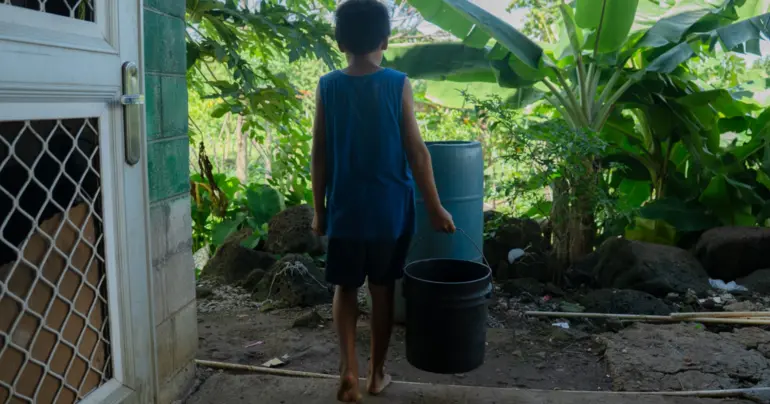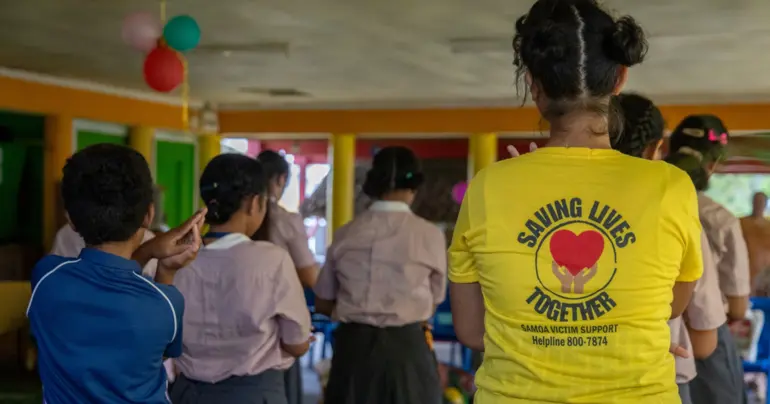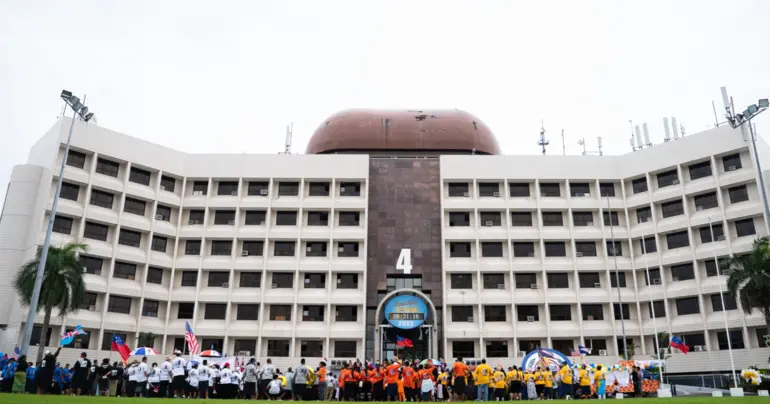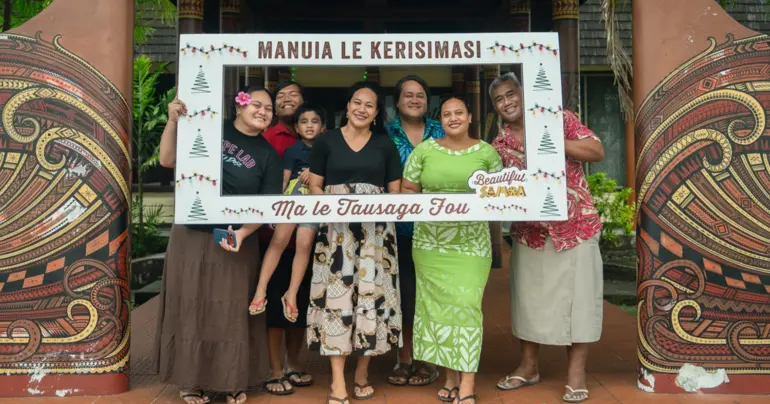Rotavirus confirms need for health review
 By The Editorial Board
•
26 July 2021, 6:00AM
By The Editorial Board
•
26 July 2021, 6:00AM
It is worrying to hear of the emergence of another virus in Samoa, close to 20 months after a measles outbreak claimed the lives of 83 mostly children victims.
And amidst a COVID-19 global pandemic, which has largely escaped our shores due to the closure of our international borders, but is showing no signs of abating globally, having already claimed over 4 million lives.
The Sunday 25 July 2021 edition of the Sunday Samoan (Samoa on the edge of rotavirus epidemic among children) reported that local doctors have warned the country is on the precipice of a rotavirus epidemic, which is a diarrhoeal disease that mostly affects babies and young children.
According to health officials at least 10 cases of the rotavirus were recorded at the Tupua Tamasese Meaole National Hospital at Moto’otua, following laboratory testing coming back positive.
Consequently, health staff are effecting a new policy of ensuring every patient who walks in with symptoms of the virus are immediately subject to laboratory tests. And the numbers based on hospital admissions don’t look good, according to officials as they show an increase in cases.
Attempts by this newspaper to get comments from the Ministry of Health (M.O.H.) Director-General Leausa Dr. Take Naseri since last Friday were not successful.
Nevertheless the rotavirus is contagious and is usually spread through the fecal-oral route – that is, feces from an infected person is spread to another through digestion – and is usually the result of poor hand washing techniques, poor sanitation and or the consumption of contaminated food or water.
Which then raises the question of whether legacy issues from the measles epidemic close to two years ago were ever addressed at all by the M.O.H. and other State agencies to reduce the risk of infection?
In retrospect, while Samoa’s poor rate of vaccination was largely responsible for measles’ rapid spread, the lack of access to water and poor hygiene practices were put down as factors impacting families’ ability to effectively nurse their loved ones back to full recovery.
The appearance of another deadly virus, not long after the measles epidemic, could be confirmation families in rural communities remain vulnerable and the interventions applied at that time by the authorities to guard them against the virus didn’t really make an impact.
But how are we supposed to know whether that was the case, when repeated calls for a commission of inquiry into the deadly 2019 measles epidemic kept on getting knocked back by then Prime Minister, Tuilaepa Dr. Sa'ilele Malielegaoi?
Politics aside, a Commission of Inquiry would have inquired into the efficiency of the response; the adequacy of Samoa’s health system; disruption to schools and employment; and impact on the country’s top revenue earner tourism amongst others.
And its findings would enable local authorities to see the shortcomings in the Government’s health infrastructure and the officers manning them. More importantly, lives can be saved through the implementation of the inquiry’s recommendations.
It was a missed opportunity for Tuilaepa’s Government to do what was right at that time to ensure citizens’ health remained a top priority.
Nonetheless the emergence of the rotavirus provides the perfect opportunity for the new Fa’atuatua i le Atua Samoa ua Tasi (F.A.S.T.) Government to revisit the issue with a view to putting in place long-term health interventions, which would mainly target families in rural communities that remain susceptible.
There is no doubt Samoa’s whole health system and infrastructure needs to be reviewed in light of the measles epidemic, the current pandemic and the threat posed to our children by rotavirus.
Talk to Samoa’s development partners and donor agencies on the need for a review and invite local health training institutions the National University of Samoa (N.U.S.) and the Oceania University of Medicine (O.U.M.) to contribute to the discussions.
Staying engaged with international organisations such as the World Health Organisation (W.H.O.) – who all played pivotal roles in responding positively to the country’s appeal for assistance during the measles epidemic two years ago – ensures international best practice in healthcare management becomes the end goal of such an exercise to ultimately benefit the citizens of this nation.
 By The Editorial Board
•
26 July 2021, 6:00AM
By The Editorial Board
•
26 July 2021, 6:00AM










